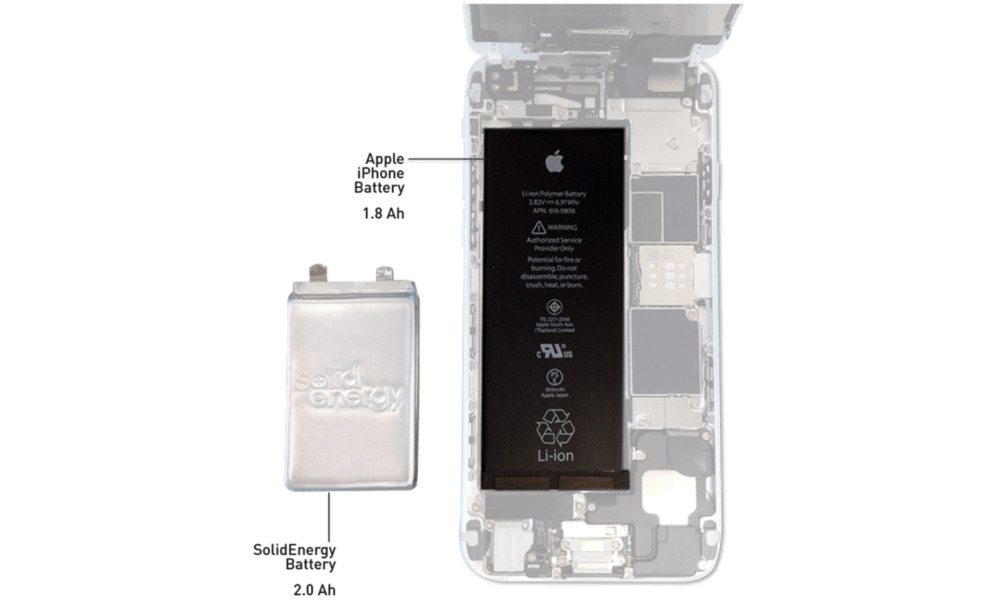An MIT Spinoff Company Is Developing Batteries That Last Twice as Long as Traditional Ones

Toggle Dark Mode
A new type of battery with up to twice the life of the ones we have now could hit shelves as early as 2017. These “lithium metal” batteries are being developed by SolidEnergy Systems, an MIT spinoff company. And they can reportedly pack twice the amount of energy in half the size. “With two-times the energy density, we can make a battery half the size, but that still lasts the same amount of time as a lithium ion battery. Or we can make a battery the same size as a lithium ion battery, but now it will last twice as long,” said Qichao Hu, SolidEnergy founder.
SolidEnergy’s “anode-free” battery switches the standard graphite common today for an extremely thin, lithium-metal foil, which can hold more ions — and energy — than traditional batteries, MIT News reported. Researchers have been working on lithium metal batteries for a while now, but previous models were volatile, and prone to heating up and short-circuiting. And they couldn’t work unless the battery itself was heated to 175 degrees, an obvious problem, Engadget reported. Hu’s team claims to have solved that problem by way of chemical modifications, allowing the battery to be safer, and work at room temperature.
The company first debuted the technology in October 2015, and has since acquired $12 million in initial seed funding to commercialize the new battery, according to TechRadar. SolidEnergy is trying to bring their new batteries to smartphones and wearables as early as 2017, possibly paving the way for even thinner devices. But the lithium-ion battery will first see a launch in drone applications this November, according to MIT News. The team also hopes that the battery tech will find its way to automobiles by 2018 — in that application, the new battery could theoretically double the mileage for electric cars.
One of the caveats of the new battery is the fact it can only handle 300 charging cycles before dipping to an 80 percent energy capacity, which would be fine for devices, but probably not for an electric car, Engadget reported. And while this new battery could be more expensive than traditional ones, the new technology is promising, and if the cards play out right, we could see lithium metal batteries becoming standard in our daily lives.






